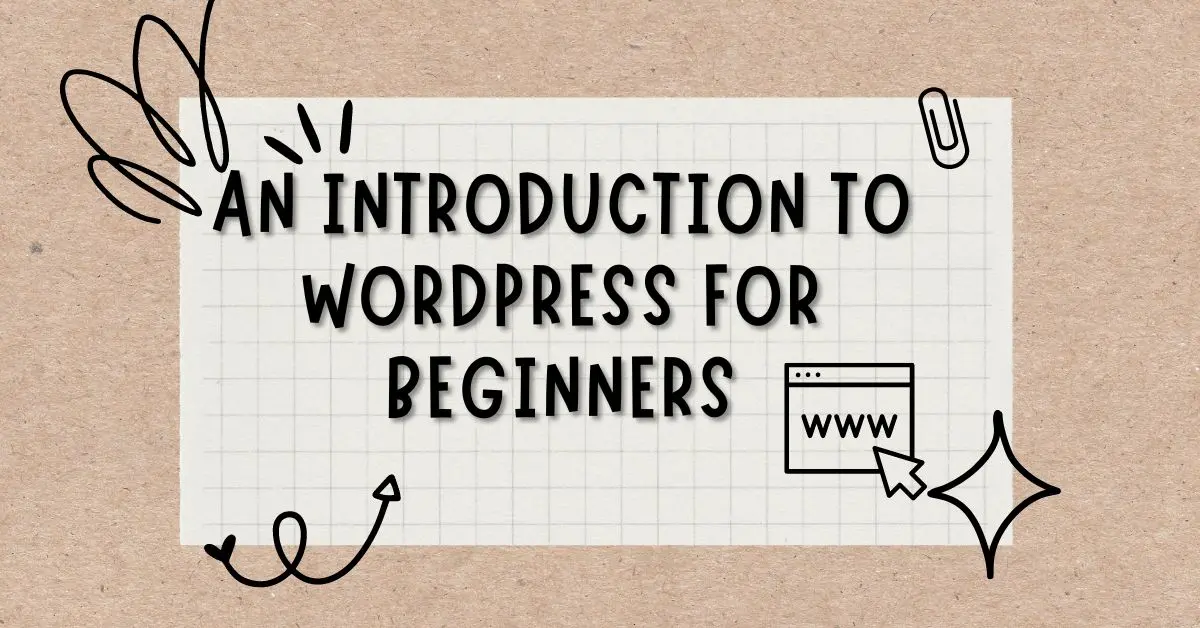
If you’re new to website building and management, WordPress can seem like a daunting platform to tackle. However, with its flexibility and user-friendly features, it can be an ideal option for creating a website, blog, or online store. In this article, we’ll explore the basics of WordPress and provide tips for beginners.
Understanding WordPress.org and WordPress.com
Before diving into WordPress, it’s important to differentiate between WordPress.org and WordPress.com. WordPress.org is the open-source software that powers the majority of self-hosted WordPress websites. To use WordPress.org, you’ll need to purchase your own domain name and web hosting. On the other hand, WordPress.com is a commercial platform that offers hosting and domain registration, but with limited customization options.
Installing WordPress
Assuming you’ve opted for WordPress.org, the first step is to install WordPress on your web hosting server. Most web hosting companies offer one-click installation options that make this process easy and straightforward. Once installed, you’ll have access to the WordPress dashboard, which is the main control panel for managing your website.
The WordPress Dashboard
The WordPress dashboard is divided into different sections, each with its own set of features. The most important sections include the Posts, Pages, Media, Appearance, and Plugins sections. Posts and pages are the two main types of content you can create in WordPress. Posts are generally used for blog articles, while pages are used for static content like your About page or Contact page.
Media is where you can upload and manage your images, videos, and other media files. Appearance is where you can choose your website’s theme and customize its design. Finally, plugins are third-party extensions that add extra functionality to your website.
Choosing Themes and Plugins
One of the biggest advantages of WordPress is its vast library of themes and plugins. There are thousands of free and premium themes available, each with its own design and features. When choosing a theme, it’s important to consider your website’s niche, goals, and audience. A clean and professional design is always a safe bet, but you can also opt for a more creative and unique look if it aligns with your brand.
Plugins are another essential aspect of WordPress. While the platform provides a solid foundation for building a website, plugins can help you add specific features and functionality. Some popular plugins include Yoast SEO for optimizing your site’s search engine rankings, Jetpack for improving your website’s performance and security, and Contact Form 7 for adding custom contact forms to your site.
Creating Content in WordPress
When creating content in WordPress, it’s important to follow some basic best practices. Firstly, focus on creating high-quality and original content that’s valuable to your audience. Use keywords and headings to structure your content and make it easy to read. Additionally, be sure to optimize your images by compressing them and adding descriptive alt tags.
The WordPress Community
Another important aspect of WordPress is its community. There are countless online resources, tutorials, and forums where you can learn more about using WordPress and get help when you need it. Additionally, attending WordPress meetups and conferences can be a great way to network with other website owners and learn from industry experts.
In conclusion, WordPress is a powerful and versatile platform for creating and managing websites. While it can be overwhelming at first, taking the time to learn its features and best practices will pay off in the long run. By following these tips and getting involved in the WordPress community, you’ll be well on your way to creating a successful and engaging website.
